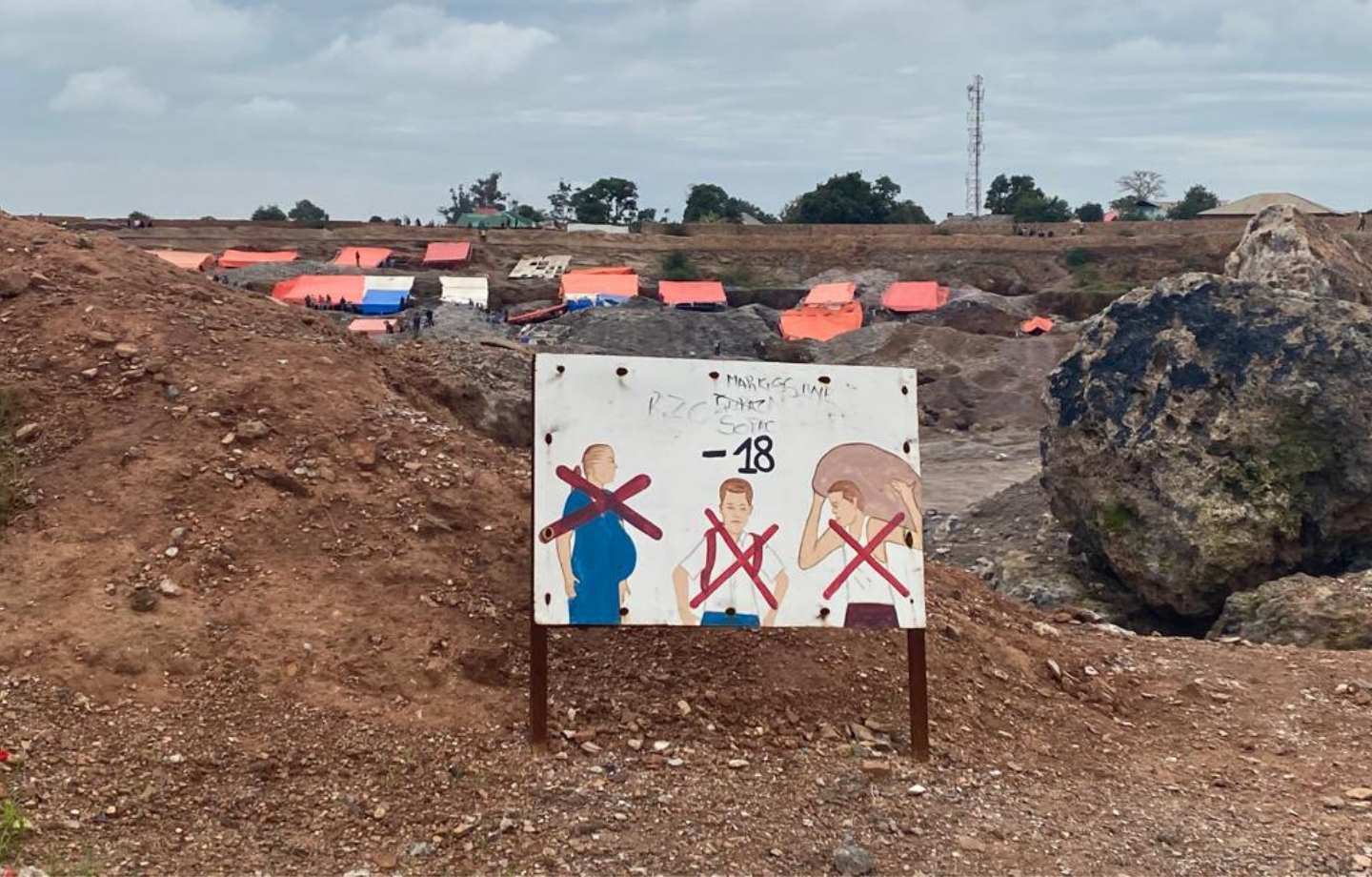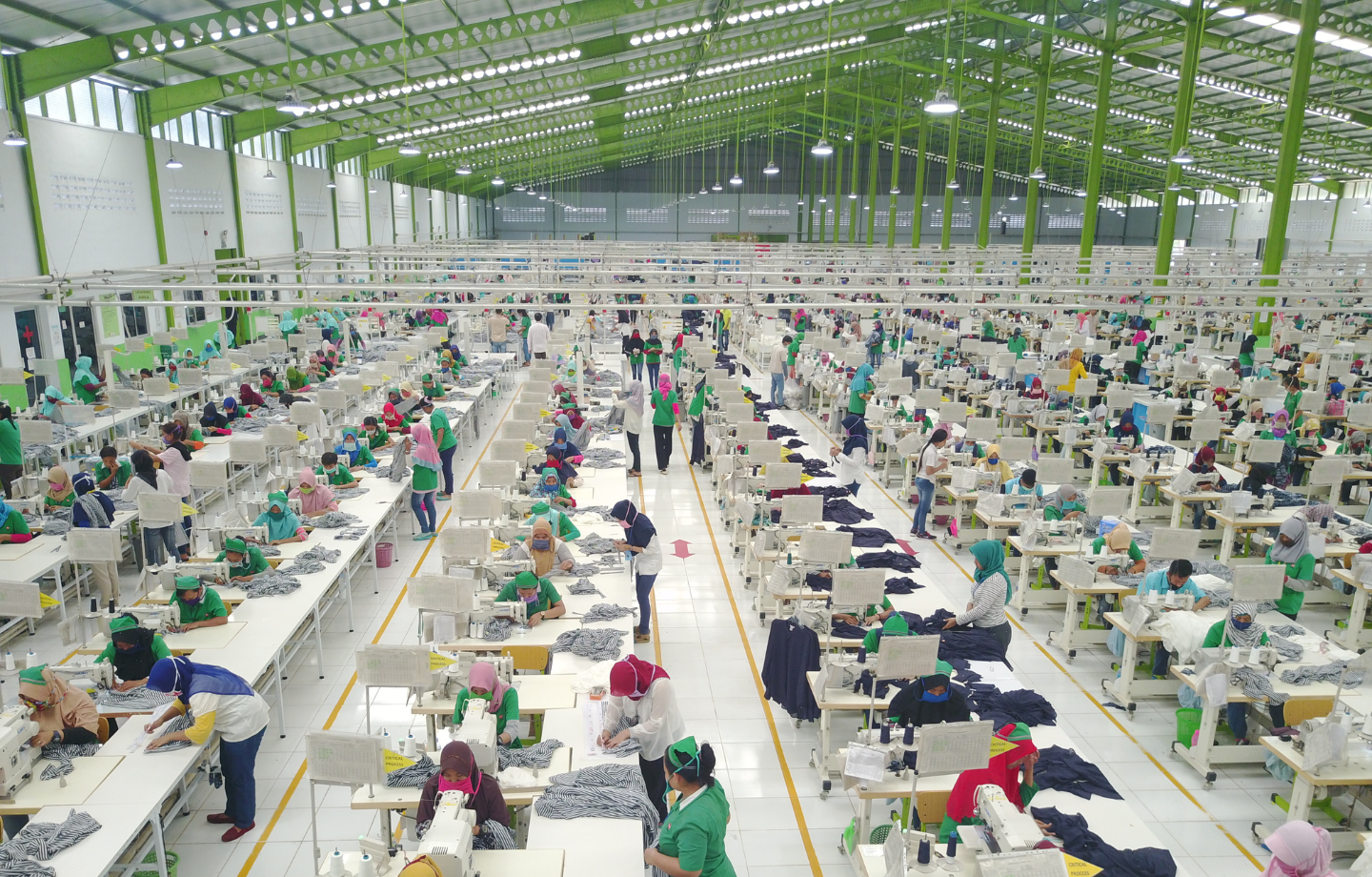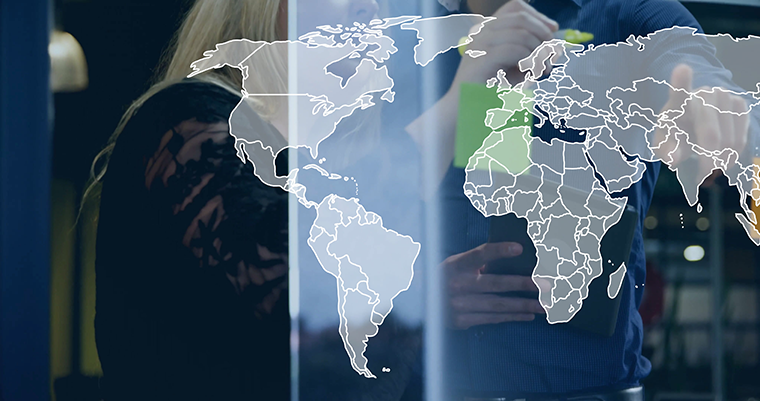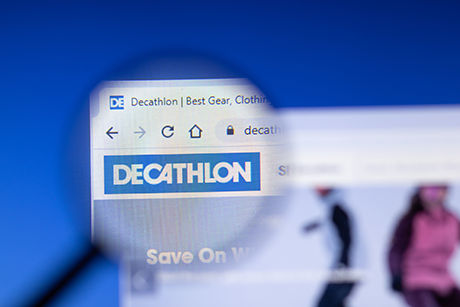Don’t Touch It – Deep Seabed Mining of Critical Minerals
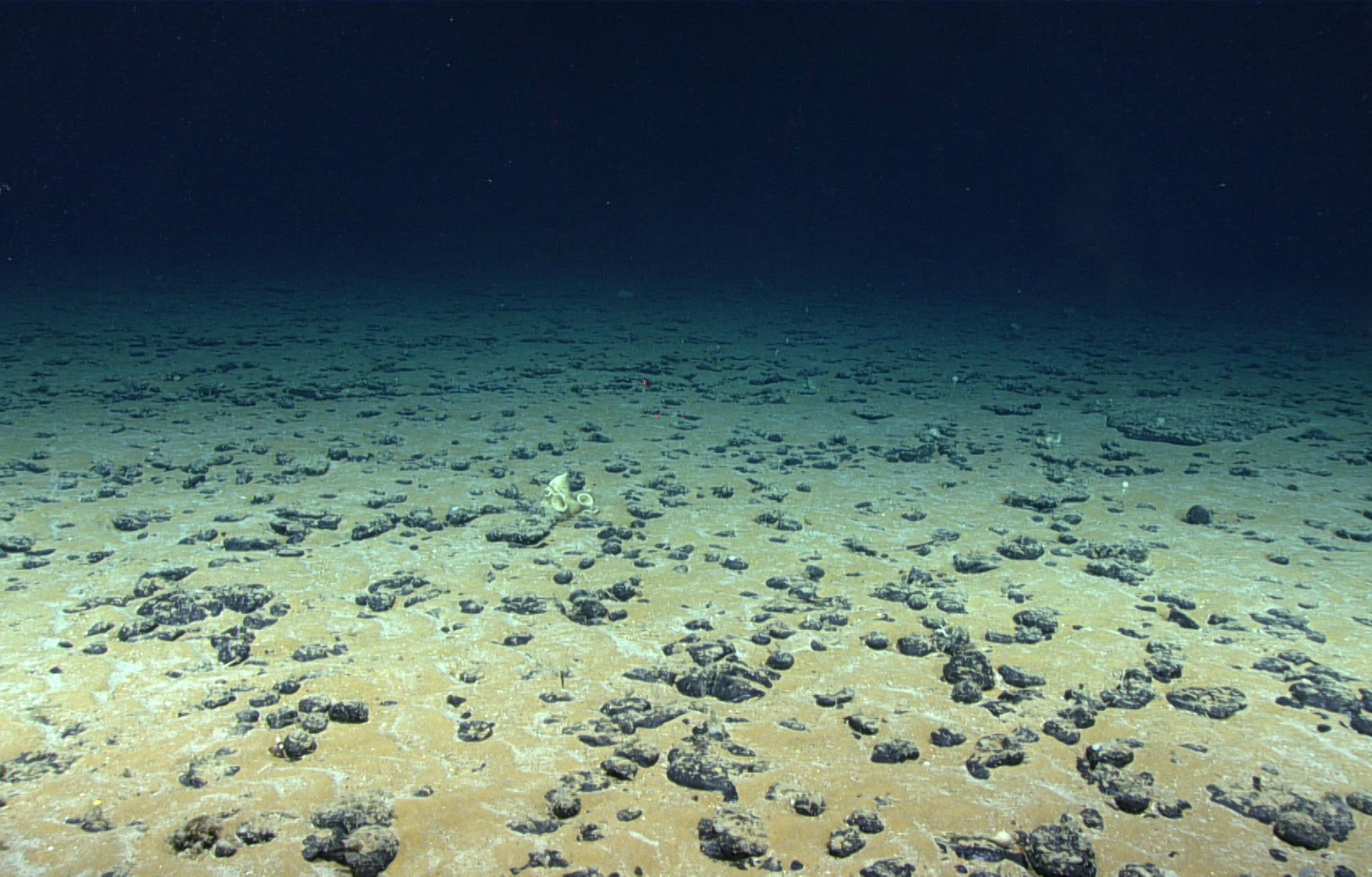
May 5, 2025
On April 24, President Trump signed a sweeping executive order to fast-track deep-seabed mining. This would allow companies to extract rock-like polymetallic nodules from the ocean floor that contain critical minerals for the energy transition, such as cobalt and nickel.
Deep seabed mining hurts people and engagers our planet. As Jeff Watters of the NGO Ocean Conservancy warns “deep-sea mining is a deeply dangerous endeavor for our ocean and all of us who depend on it…it will impact the entire water column, top to bottom, and everyone and everything relying on it.” More than 30 governments, including Germany, France, the UK and Canada have signed a moratorium on deep sea mining. They have joined a wide range of environmental and conservation organizations, trade groups from the fishing industry and even a few big auto companies like the Volkswagen Group, Volvo, and BMW.
In total, 64 companies have signed the business statement calling for a moratorium on deep seabed mining activities. But to date, too few of the companies that stand to benefit from increased access to ocean minerals in their product have spoken up. Global banks and commodity traders that will also benefit financially have been unwilling to join this opposition to deep-sea mining. Considering Trump’s recent announcement, they now need to step up and do so.
In addition to harms to the environment, deep seabed mining will have extremely disruptive consequences in countries like the Democratic Republic of Congo (DRC) where these minerals are now being mined. The DRC is the largest country in sub-Saharan Africa with over 100 million people, and it relies heavily on mining exports. It currently produces over two-thirds of the world’s cobalt which provides an income for tens of thousands of miners and their families, most of them in the informal mining sector. Today over 90% of the DRC’s export revenues are linked to mining. Over time the DRC needs to develop other forms of economic activity, but it will take years or even decades for it to do so. In the meantime, mineral extraction is critical to the millions of Congolese citizens who work in mining industry. This same dynamic is playing out in range of other countries in the Global South and with respect to many other minerals.
Rather than following the Trump administration’s counter-productive path, other governments, working with mining and other related corporations need to double-down in rejecting deep seabed mining and, on a parallel track, join forces to improve working conditions for miners in places like the DRC. As representatives of governments and the private sector are gathering this week at the OECD Forum on Responsible Mineral Supply Chains in Paris, they should discuss how to engage in collective action against Trump’s executive order.
 Global Labor
Global Labor